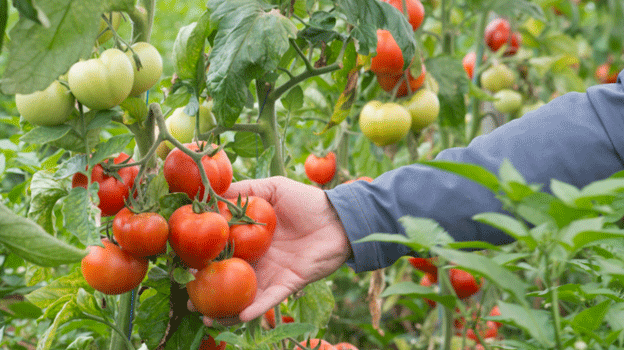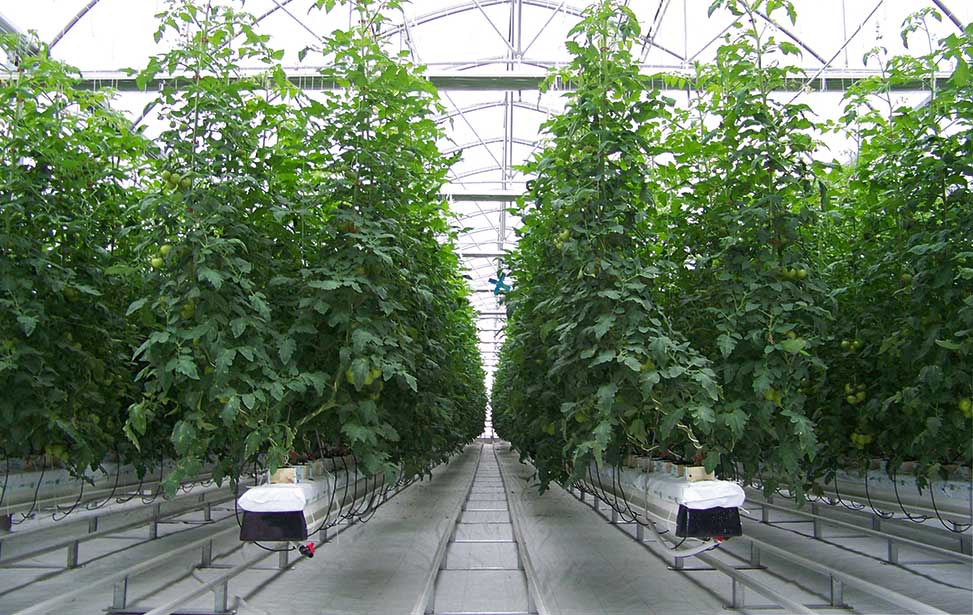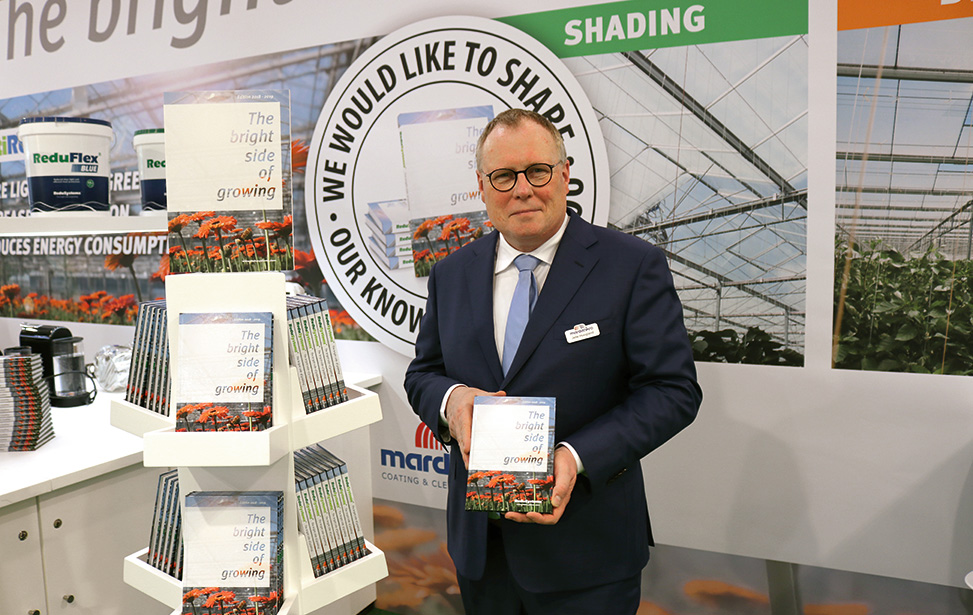Roubaix, a city known for its rich textile history, is now making strides in social welfare through urban agriculture. As part of the “Roubaix, ville nourricière” initiative, the city’s Espaces Verts service has allocated 650m² of municipal greenhouses to grow vegetables and aromatic plants. These will be harvested and distributed by the Centre Communal d’Action Sociale (CCAS) to support local initiatives combating social precarity.
Sustainable Practices and Production
The project emphasizes sustainable agriculture practices, eschewing chemical pesticides and fertilizers in favor of ecological balance. Techniques such as integrated pest management (IPM) will be employed, promoting biological controls and organic products. This approach not only supports local biodiversity but also ensures the vegetables are healthy and safe for consumption by vulnerable populations.
Yield and Distribution
The anticipated harvest includes approximately 1,000 kg of tomatoes, 200 kg of courgettes, 300 kg of pumpkins, alongside eggplants, peppers, and aromatic herbs like parsley and basil. These quantities will vary with seasonal conditions, with harvests scheduled from June 15th to October 15th. The success of this pilot may lead to expanded autumnal cultivation efforts in the future.
Partnerships and Community Engagement
In a further show of community collaboration, Roubaix has partnered with the urban farm “Ferme du Trichon.” This partnership allows them a dedicated 20m² space within the greenhouse for seedling production and transplanting activities. Supported by the city with necessary supplies, this collaboration exemplifies Roubaix’s commitment to local agricultural innovation and social cohesion.
Roubaix’s initiative to repurpose municipal greenhouses for social good is a testament to the power of sustainable agriculture in fostering community resilience. By leveraging urban spaces for vegetable production and forging partnerships with local initiatives, the city not only addresses food insecurity but also promotes ecological stewardship. As similar projects gain traction worldwide, Roubaix sets a commendable example of integrating agriculture into urban planning for social welfare.










